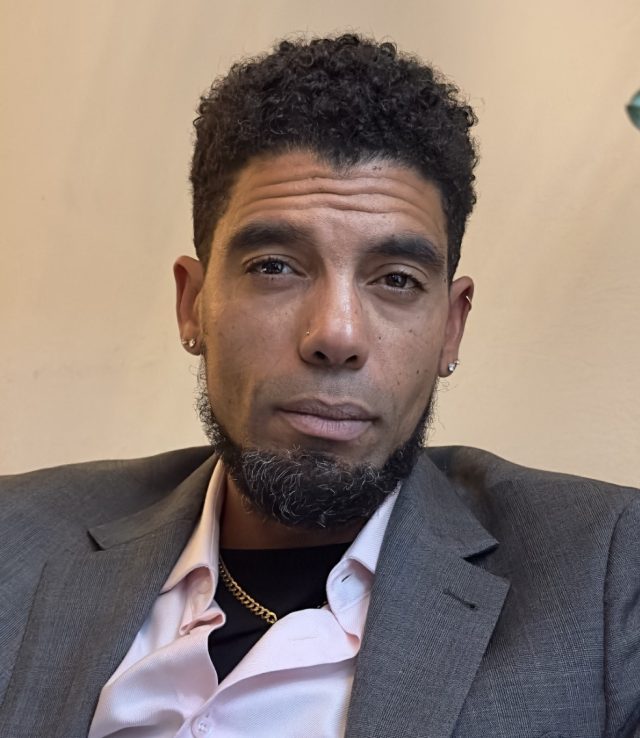
Boulder is a sacred place. The majestic Flatirons blanket the city with the memories of the people native to this land. To live in Boulder is to receive this magnificent bounty. We Californians Boulderites are truly blessed.
Sadly, the experience of living in Boulder is not unitive. To some, living in Boulder is accessible, welcoming, culturally sensitive and affirming. To the othered, Boulder can be inaccessible, unwelcoming, and culturally insensitive. One of the plethora of “othered” groups are Black people, who make up 1.2% of Boulder’s current population.
Contemporary Black Boulderites are a continuation of Boulder’s African American history, a narrative which began in the 1870s with the OG Black pioneers to the area such as Joseph and Mary Anderson, George Reynolds, Henry and Annie Butler, the Leopold family and more. The first Black people in this area were optimists and dreamers who migrated to the area mainly to mine for gold and other valuable ores.
Black people and our optimism were met with the status quo and a century and a half of duplicitous behaviors, such as socio-racial-economic segregation, bigotry, hate crimes/arson, tokenism, pertinacious inclusivity initiatives, over incarceration, redlining, police brutality and lack of significant socio-political representation. Alas, we rise!
Although Black people have been in Boulder for over 150 years, we currently exist mainly as transient residents. The present transient experience, and the low number of Black Boulderite permanent residents, is indicative and responsive to the history of Boulder. The low percentage of Black Boulderites, throughout time, is not accidental and generally due to Black flight from the area in response to a homogeneously white culture of microaggression, exclusivity and violence against non-white people.
Therefore, to find oneself in Boulder in 2023 is to arrive in a space in which Black culture is mostly invisible. The lack of representation regarding the cultural expressions of Blackness is endemic in the dominant narrative in the U.S. and Boulder. However, the attempt to marginalize and/or misrepresent the narrative of Blackness in no way diminishes the interest, accomplishments and/or excellence of the first Black people in Boulder and those who currently live in this area.
This monthly editorial serves as one of the plethora of efforts to reach out to Black people in Boulder and proudly share aspects of our histories, lived experiences, struggles, joys, accomplishments and excellence. In addition, the editorial will provide constructive criticism of various aspects of Boulder that are insensitive, marginalizing and unfair to Black culture. The critique will often be accompanied by suggestions that intend to be practical and engage in personal growth and systematic change.
I am a Black, single father of four, professional, uncle and brother who has lived in the City of Boulder for the past decade. We are a proud African American family, and we call Boulder our home. My family and other Black people in Boulder spend our time enjoying the fresh air, clean water, quality education, and healthy food options. We are Afrofuturists and our intention is to sustain the positive experiences and minimize the negative. Essentially, we are not only responding to our oppression, we are also liberating ourselves from it.
In this liberation work I wear many hats and one of them is to curate the Boulder African American History Center. The center is a virtual entity that intends to connect the various physical efforts to support the liberation of Black people in the Boulder metro area. We will utilize the Boulder Weekly platform to illuminate the gifts, critics and liberated voices of the Black people who live in the Boulder area. The method is through critical editorials, liberating opinion pieces, captivating and relevant interviews with empowering Black people and highlighting of existing movements and organizations that serve to make the experience of Black people safer and more comfortable to thrive economically, emotionally, psychologically, spiritually and physically.
Making space for the cultural expressions of Black people in the Boulder area is in no way meant to diminish the need and current efforts to elevate representation of the Indigenous people of the Americas and people of color, LGBTQIA+, neurodivergent people, and every other marginalized group not named here. We stand in alliance. We hope to share well and be contagious!
We look forward to your engagement.
Anthony Gallucci is a dad, author, activist and professor. He is currently teaching at Naropa University and finishing his doctoral work in psychology at the California Institute of Integral Studies researching masculinity from an Afrocentric epistemological lens.
This opinion does not necessarily reflect the views of Boulder Weekly.














